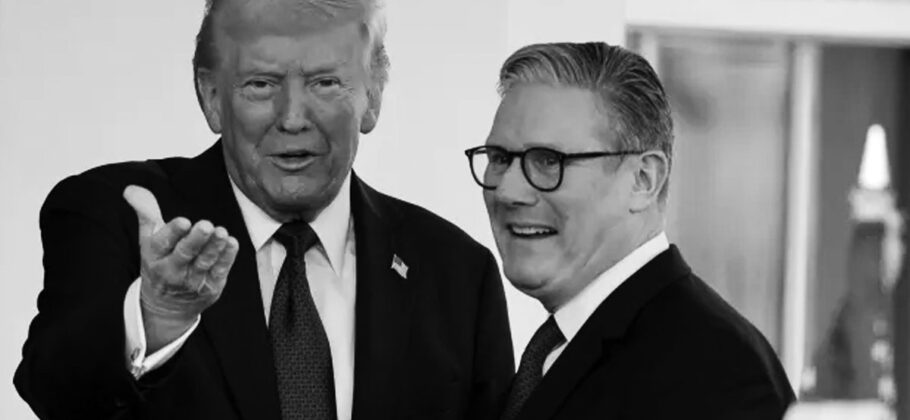President Donald Trump and U.K. Prime Minister Keir Starmer signed a technology partnership in England that officials value at more than $200 billion in cross-border investments. The agreement capped a state visit filled with pageantry and a heavy focus on business. It also matched the promise to bring more investment and jobs into the United States while strengthening a close ally.
Trump’s visit included a Windsor Castle banquet hosted by King Charles III and Queen Camilla, followed by meetings at Chequers, the prime minister’s country retreat. No American president has ever been honored with a second U.K. state visit, and British hosts used the moment to push major commercial announcements. At Chequers, Trump and Starmer held a roundtable with business leaders and then signed what Trump called a historic agreement on science and technology.
The Technologies at the Core
U.K. officials describe a “tech prosperity deal” designed to create thousands of jobs and funnel billions into high-impact sectors. The agreement promotes new government, academic, and private sector partnerships. It also includes a U.K. arm of Stargate, a Trump-backed AI infrastructure project led by OpenAI, and a build-out of AI data centers across Britain. American companies are announcing 31 billion pounds in U.K. AI investments, including $30 billion from Microsoft with Britain’s largest supercomputer as a flagship project.
The partnership targets artificial intelligence, quantum computing, and nuclear energy. These fields are strategic for both countries. Nvidia CEO Jensen Huang attended the business roundtable, underscoring the AI focus. Nvidia is investing 500 million pounds in London-based data center startup Nscale, which is also working with OpenAI on the U.K. branch of Stargate. Microsoft’s plan calls for more than 23,000 advanced graphics processors to power that new national supercomputer.
Officials on both sides say the deal will bring thousands of jobs. Britain says U.S. companies have pledged 150 billion pounds in U.K. investment, including 90 billion pounds from Blackstone over the next decade. Investment will also flow to the United States, including nearly $30 billion from pharmaceutical firm GSK. The result is a two-way surge in capital, research activity, and industrial capacity that supports high-skilled employment in both economies.
Why This Fits Trump’s Economic Playbook
Trump framed the agreement as proof that his approach draws investment. He argued that earlier tariffs helped strengthen U.S. leverage and said America will have regulation, but “sane regulation.” He praised an “unbreakable bond” with Britain and highlighted how the partnership will deepen science and technology ties that drive jobs and growth. The message is simple. Use leverage, cut red tape, and invite private capital to build.
Starmer called the announcements “the biggest investment package of its kind in British history by a country mile.” He emphasized personal rapport, referring to Trump as “my friend, our friend,” and said the relationship rests on leaders who respect and genuinely like each other. Analysts note the optics favor Trump as well. One expert said the visit “plays well at home” and abroad. Business groups are also weighing in. The British Chambers of Commerce warned that failure to resolve the separate dispute over 25 percent steel and aluminum tariffs would be greeted with dismay by the U.K. steel industry.
Record Pageantry, Real Policy
The royal welcome was more than ceremony. It set the stage for a concentrated push to land investment commitments. Britain highlighted the special relationship with the largest honor guard ever assembled for a visit of this kind. Trump kept the spotlight on results, telling executives that the two countries share an “unbreakable bond” and joking with cabinet officials as he signed the deal at Chequers.
Some details of the tech deal are yet to be announced. British officials say they did not agree to scrap the digital services tax or to water down internet regulation to secure it. Talks to eliminate steel and aluminum duties remain stalled, even after a May agreement that cut U.S. tariffs on key British auto and aerospace exports. Those issues will shape how quickly industrial supply chains respond to the new tech commitments.
The immediate outcome is clear. Capital is moving, major firms are building, and research links are deepening. Britain gains large-scale AI and quantum capacity with thousands of jobs. The United States gains reciprocal investment and new commercial footholds for American companies, plus a partner aligned on high-tech security and growth. This is the kind of deal Trump promised, and it marks a strong step for both countries in a race to lead the next wave of technology.





